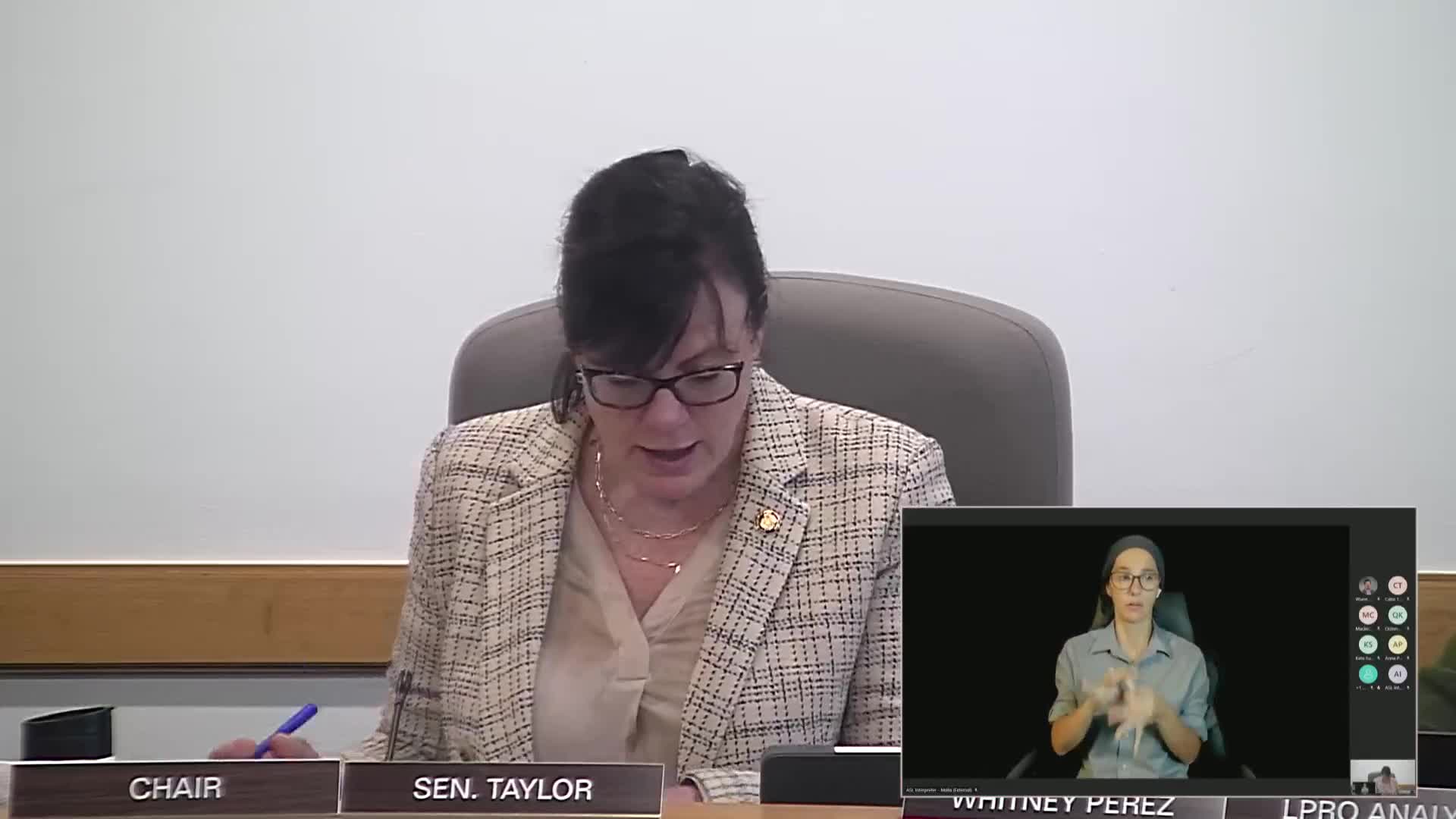Businesses, delivery platforms warn of costs and technical issues as committee considers online pricing‑transparency bill
Get AI-powered insights, summaries, and transcripts
Subscribe
Summary
Senate Bill 430 (dash‑1) would require advertised online prices to include all fees and charges a purchaser must pay, with narrow exceptions; multiple industry witnesses praised transparency goals but raised concerns about variable fees, technical compliance, and a private right of action under the Unlawful Trade Practices Act.
The Senate Committee on Labor and Business heard testimony on March 18 about Senate Bill 430, a dash‑1 amendment that would require online advertisers and sellers offering goods or services to Oregon residents to display a price that includes all fees or charges a purchaser must pay to complete the transaction. The amendment provides exceptions for government‑imposed taxes/fees and for reasonable charges a seller actually incurs to ship goods or provide services.
Why it matters: Supporters framed the bill as consumer‑protection and pricing‑transparency legislation. Opponents — including travel platforms, e‑commerce companies, grocery delivery services and business groups — said the policy goal is sound but the bill as drafted raises operational and legal problems for industries that calculate variable fees late in the checkout process.
Industry concerns and suggested fixes: Mackenzie Chase of Expedia Group said Expedia already displays total price from search results through checkout and urged alignment with a forthcoming Federal Trade Commission pricing standard that takes effect May 12, 2025. "We appreciate the dash‑1 amendment that was published. It better aligns with the federal pricing standard for our industry," Chase said, and asked that Oregon avoid creating a conflicting state standard.
Several witnesses, including representatives of grocery delivery partners and DoorDash, said some fees (delivery distance, promotions or variable service fees) cannot be known until customers select items and enter delivery preferences. DoorDash’s Anna Powell testified, "On DoorDash, you'll always see what you will pay, including any and all fees before you ever check out," but asked the committee to allow variable fees to be calculated in the cart prior to completing checkout.
Enforcement and private‑rights concerns: Multiple business groups and liability‑reform advocates urged that any enforcement be managed by the Attorney General rather than through a private right of action under the Unlawful Trade Practices Act (UTPA). Opponents said a private right of action would encourage costly litigation. Other technical issues raised included calculating taxes and fees that are imposed by government but passed through by sellers and fees tied to variable consumer choices.
Procedure: Senator Pruzanski and staff and the Oregon Department of Justice have been engaged in discussion; witnesses reported ongoing negotiations and the expectation of additional drafting changes. The hearing closed without a committee vote.
Next steps: Committee staff and sponsors said they will continue to work with stakeholders on technical adjustments to reconcile the bill with federal rules and to address variable‑fee mechanics and enforcement language.
